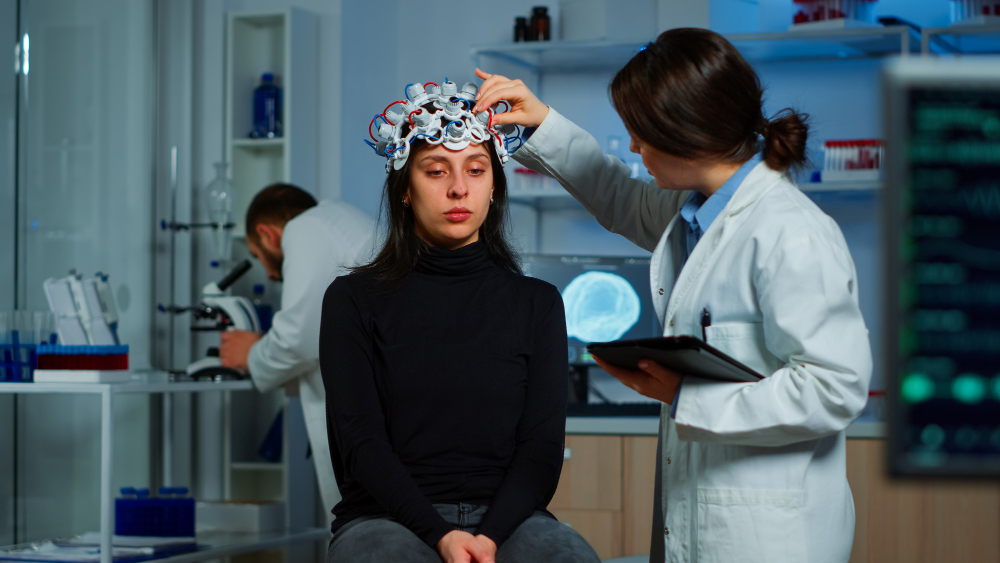The Link Between Sleep and Migraines
Sleep and migraines are closely connected. Poor sleep quality, irregular sleep patterns, and sleep disorders can increase the frequency and severity of migraine attacks.
Common Sleep-Related Migraine Triggers
✔ Lack of sleep: Staying up too late or waking up too early can cause migraines.
✔ Oversleeping: Sleeping too much, especially on weekends, can trigger headaches.
✔ Sleep disorders: Conditions like insomnia, sleep apnea, and restless leg syndrome can contribute to migraines.
✔ Caffeine and alcohol: Consuming too much caffeine or drinking alcohol before bed can disrupt sleep.
Tips for Better Sleep and Fewer Migraines
✔ Stick to a schedule: Go to bed and wake up at the same time every day—even on weekends.
✔ Create a bedtime routine: Relax with meditation, a warm bath, or reading before bed.
✔ Limit screen time: Reduce exposure to blue light from phones and computers at least an hour before bed.
✔ Improve sleep environment: Keep your bedroom cool, dark, and quiet.
✔ Manage stress: Deep breathing and mindfulness can help prevent stress-related insomnia.
Final Thoughts
Prioritizing good sleep hygiene can significantly reduce migraine frequency. If you suspect a sleep disorder, consult a doctor to explore possible treatments.





